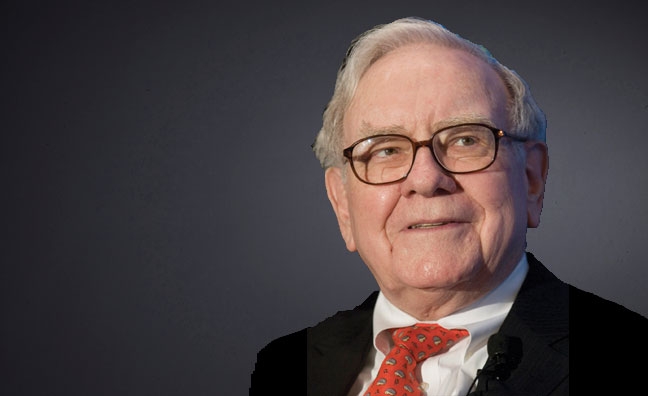“Placing a ceiling on the value of gold is mining technology, and the prospect that if its price gets out of whack for long on the upside a great deal more of it will be created. Placing a ceiling on the value of the dollar is the Federal Reserve’s role as actual dollar source, and its commitment not to allow deflation to happen. Placing a ceiling on the value of Bitcoins is computer technology and the form of the hash function… until the limit of 21 million Bitcoins is reached. Placing a floor on the value of Bitcoins is… what, exactly?”
Brad DeLong - Professor of Economics at the University of California, Berkeley
-- source --





